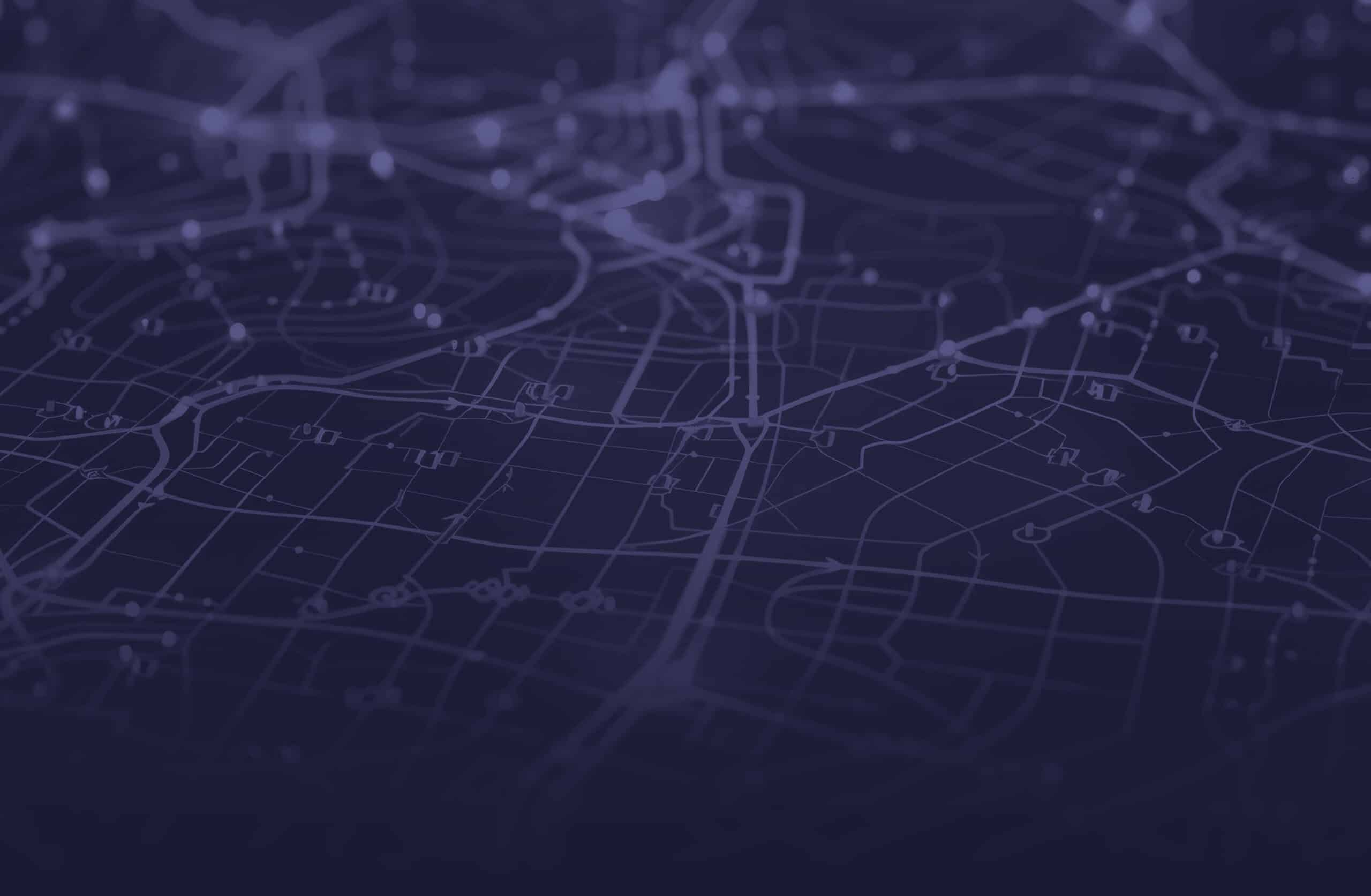Get Involved!
Sign Up For Email Updates
Sign up to our email list to receive updates and news about our local efforts, plus more oppurtunities to get involved!
SubscribeCome to One of Our Happy Hours
Join us on the second Thursday of every month at Green Bus Brewing for our monthly Happy Hour from 7-9PM! Make new friends and enjoy a few drinks on us!
Become a Member
For the full Advance Huntsville experience, consider joining our parent organization, the Center for New Liberalism, as a dues-paying member!
Learn MoreStay Updated!

We can make transportation in Huntsville safer, faster, and cheaper
Help us reconnect Huntsville through healthier, fairer, more sustainable transportation options.
Background
Contrary to popular belief, Huntsville hasn’t always been sprawling and car-bound.
In fact, our city’s founders built Huntsville around humans.
Early residents could walk, ride their bicycle, or catch a streetcar to get anywhere they needed to go in the city.
A century on, we’ve replaced dense, walkable, affordable housing and streetcar lines with sprawling lawns connected by wide lanes and highways.
If Huntsville continues to double-down on this mistake, we will face the same consequences as every single other growing, car-bound, sprawling US city.
Instead, we want transportation that is:
Healthy
Driving is one of the most dangerous and deadly things Americans regularly do. More than 30,000 Americans die in motor vehicle accidents every single year. Driving is the single biggest killer of young people in the US.
Driving is also terrible for our health. Many studies link time behind the wheel directly with worse physical and mental health and lower overall well-being.
Robust research links driving with:
Today, car-dependent sprawl in growing cities force residents to drive longer distances, with deadly results. Because we build out instead of up, almost every Huntsvillian has to drive, or be driven, to get around.
We want our leaders to stop prioritizing the least safe and healthy way to get around and start building infrastructure to support walking, riding a bicycle, and taking mass transportation.
Sustainable
Requiring everyone to drive isn’t just killing us. It’s also killing the planet.
The number-one source of greenhouse gas emissions in the US is transportation, contributing about 30% of the total. Cars and trucks are responsible for 60% of that 30%. A Yale study found that 78% of ocean microplastics are from synthetic tire rubber.
One big reason people who live in cities produce significantly fewer carbon emissions per capita is that most US suburbs require everyone to drive while many people in cities can get around via walking, bicycling, and mass transit.
Fair
Driving is expensive. US families’ largest expenses are, in order:
Right now it costs an average of $894 per month to own and maintain a vehicle. That’s more than half of the average Alabama senior’s social security check. And costs are rising.
Besides costs, many Huntsvillians cannot drive due to disability.
Every resident – regardless of their income level, location, or disability status – must be able to get to where they need to go in Huntsville.
Less driving helps everyone, including drivers. Right now, low traffic and short commutes help make Huntsville one of the best places to live. Sprawling development and insufficient alternatives are starting to choke our roads and cause our average commute times to creep up.
Now is the time for better policy
A century of car-centric planning via federal, state, and local policies have created a car-dependent Huntsville marked by increasing traffic and more time in our cars.
There is a better way to plan.
We support the following policy choices for a healthier, fairer, and more sustainable transportation infrastructure in Huntsville:
1. Zone for density
The best way for any city to reduce driving, and thus improve public health, while decreasing transportation emissions, is to reduce sprawl and incentivize walking, biking, and transit use by eliminating exclusionary zoning and building densely. This is why Harvard Law Review advocates denser zoning, which “leads to lower rates of vehicle use.”
2. Stop subsidizing drivers
Subsidies for driving, such as legally mandated parking minimums, encourage driving.
According to UCLA parking scholar Donald Shoup, parking requirements “subsidize cars, increase traffic congestion and carbon emissions, pollute the air and water, encourage sprawl, raise housing costs, exclude poor people, degrade urban design, reduce walkability, and damage the economy.”
They also make housing more expensive. A 2021 Huntsville housing study commissioned by Downtown Huntsville, Inc. recommended reducing on-site parking in order to meet demand for low- and middle-income housing.
Houston has exempted areas from citywide parking minimums. In 2016 Buffalo, New York, removed parking minimums for smaller projects and Hartford, Connecticut did the same for all developments. DC lowered their minimums that same year. In 2005 San Francisco implemented parking maximums for areas well served by public transit and got rid of parking requirements in 2018. In 2018 Minneapolis nixed their parking minimums. Cites across the world are ditching parking mandates and banning on-street parking.
3. Prioritize active and mass transportation
Every year, Huntsville pours millions of dollars into infrastructure to enable and encourage driving. Infrastructure investments to enable alternative modes of transportation are paltry in comparison. This is hard to make sense of, considering the fact that the latter is unequivocally, demonstrably, significantly superior to the former along every possible measurable dimension.
We support policy choices that make “alternative” transportation options just as attractive, comfortable, affordable, reliable, frequent, accessible, predictable, transparent, as driving is now – if not moreso.
Stay Updated.
Sign up to recieve email updates and news about our local efforts.